Ten years ago, predictions of climate change pointed to a distant future that would occur 50 or 100 years from now. Yet it's obvious we're already seeing the effects of climate change, as each storm and fire season seems to be more fierce than the previous. Sea levels are rising, and storms, wildfires, and droughts are getting worse thanks to warmer waters and hotter atmosphere.
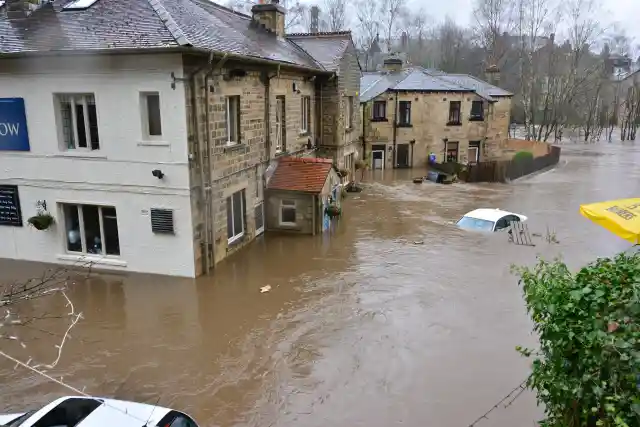
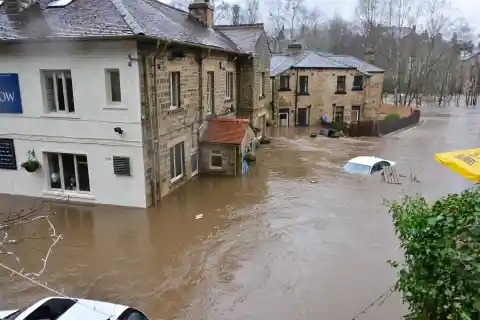
Playing defense is one aspect of protection, though, homeowners can take proactive measures to enhance their homes in order to reduce excessive emissions as well as prepare for hazards from harsh climate changes.
Changing roofing material
Choose a roof made of materials that will shield your house from a wider range of weather conditions.
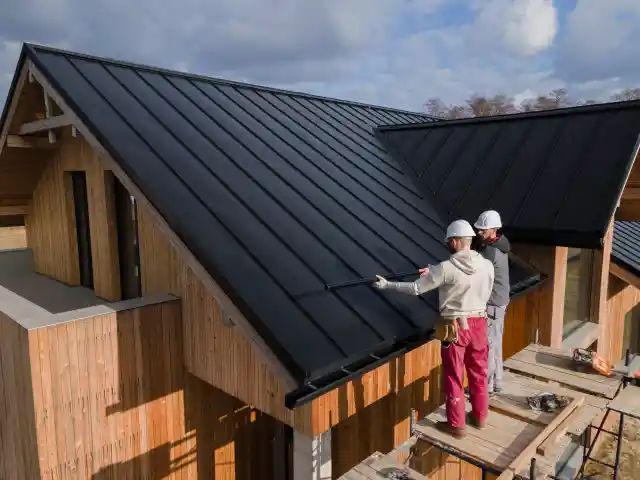
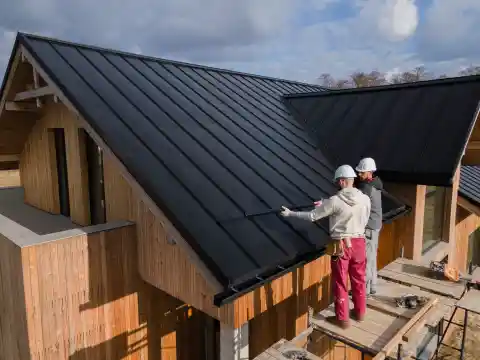
For a property with conventional clay tiles or wood shakes on top of it, composite shingles, especially ones that are made to specifically resist hail, thermal cracking, severe rains, or strong winds, would be a wiser choice.
Make fixtures resilient
Your house will be more resistant to flooding if you have fixtures that can get wet and then dry out with little damage. This will also cut down on the amount of time it takes to recover from a disaster, should the worst happen.


There are two options: replace the wooden doors, frames, and sills with something naturally water-resistant or treat them with a preservative to keep water out. Making simple, preventative adjustments like this may be a smart idea given that only 10% of individuals are aware that they reside in a flood-risk region.
Combine insulation with ventilation
While it's true that excellent insulation offers protection from the cold and heat, you should also make sure your home is well ventilated.
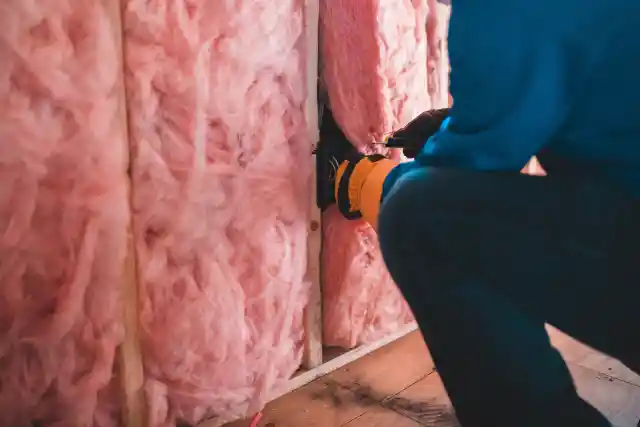

Put it another way, if there is no route for the heat to leave your building, it might get unbearably hot inside your home during the summer. This issue can be improved by strategically placing proper vents.
Use water-saving equipment
The amount of water we consume in our homes may be easily decreased by switching to water-efficient equipment. Adding a low-flow shower and a toilet with an ultra-low flush may save up to 15,000 liters of water per person annually.


Washing machines that use less water are just somewhat more expensive than ordinary versions, but they may save each person about 5,000 liters of water annually.
Rainwater harvesting
Water shortages are already present in certain limited regions, and this issue is anticipated to worsen over the next years. Building a rainwater collecting system is one approach to lessen your household's dependency on municipal water supplies.
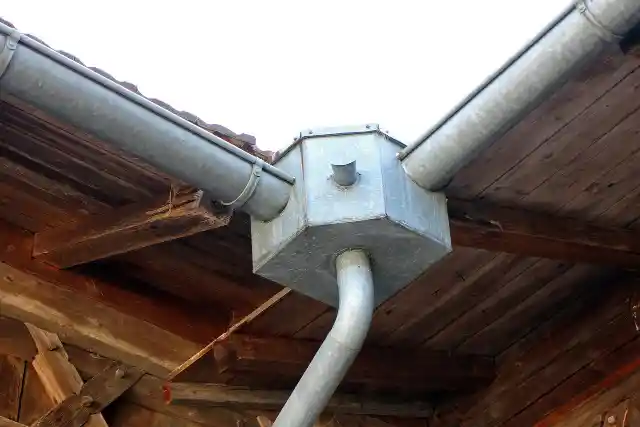
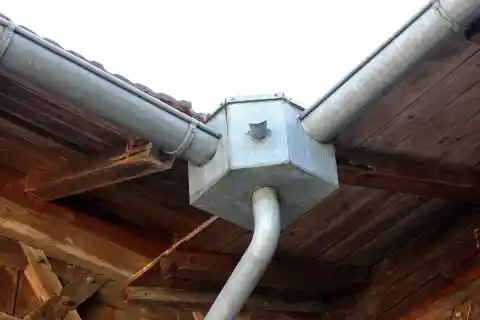
You may add another supply of water for tasks like landscape irrigation and watering, power washing, and other tasks that call for non-potable water sources by placing a rain barrel beneath your downspout or running PVC pipe from your gutters into a storage tank.
Raise electrical outlets
Electrical outlets can be moved so they are above the expected flood level to prevent flooding damage.


It's also a good idea to elevate plumbing, heating, and cooling systems above the ground to reduce water damage to these expensive equipment. Consider purchasing a solar energy system or a generator as well.
Wind-resilient roof designs
For a home to be wind-resistant, the foundation and roof must have solid connections. Multiple-sloped roofs can withstand heavy winds well, and placing central shafts lessens wind force and pressure on the roof by drawing air in from the outside.


In order to prevent further structural damage to the vital components of the house, roofs that cover balconies or patios can also be made to collapse in the event of heavy winds.
Upgrade your windows
Making that investment in windows with double or triple panes is worthwhile since they will provide better protection than single-paned windows. In order to keep your house cooler, you may also buy sun-blocking film to put on the exterior of your windows.


To help shield your home from the sun's heat and lower inside temperatures, install shutters, drapes, or reflecting shades at the windows.
Choose indigenous plants
By including native plants and trees into your landscaping, you can reduce water consumption by a lot. They require less upkeep, and they make less use of the resources provided by nature.


That's a major benefit in places that experience drought. Moreover, native plants often don't require pesticides or fertilizers. Besides that, your house's naturally greener environment will support the nearby wildlife and insects.
Backup power supply
Everywhere in the world, losing electricity might be an issue, regardless of whether you reside in a hurricane or wildfire zone. In the event that the grid goes down, having a backup power source may give you peace of mind and guarantee that you can still use your phone and appliances.
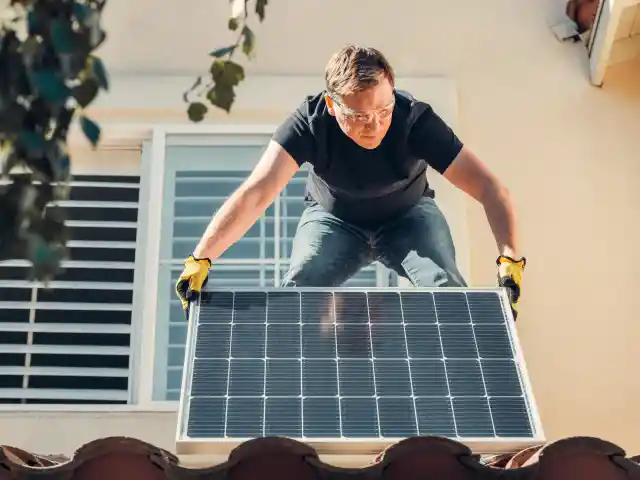
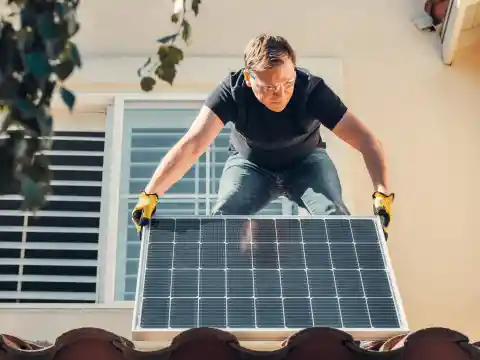
Invest in portable solar chargers and rooftop solar panels with battery storage to access stored power whenever you need it, allowing you to make use of energy collected throughout the day.